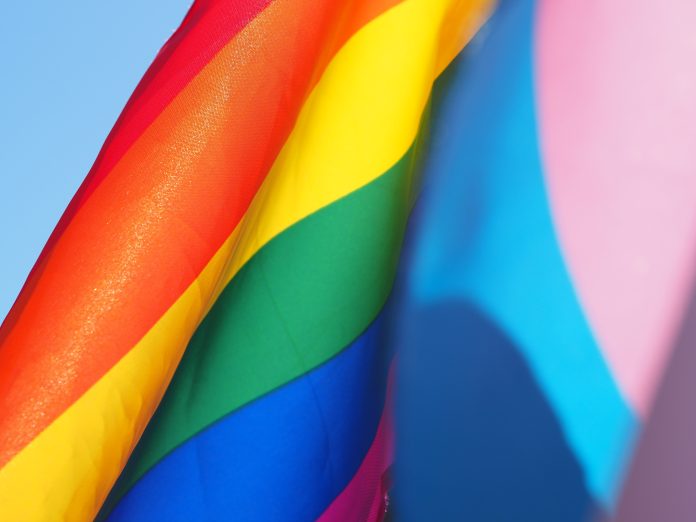The party Livre announced on Tuesday its project of the law to criminalize “conversion therapy” in Portugal. Represented by the only member of parliament for Livre, Rui Tavares, the project proposes adding an article to the Penal Code, reports Expresso.
The article says that “those who practice, promote, or publicize any practices or treatments that aim to repress or modify the sexual orientation, gender identity, or gender expression of any person is punished with imprisonment up to three years or with a fine”. The criminal procedure for “conversion therapy” does not depend on a complaint.
In order for the article to not be used against the LGBTQIA+ community, Livre’s article also protects the rights and access of trans people to gender-affirming care. The article says that “practices, treatments, and services that are consented and affirm gender expression or gender identity are not punishable, such as hormonal treatment”.
No Dia do Orgulho LGBTQIA+, o LIVRE propôs, num projeto de lei, a criminalização das “práticas de conversão” de orientação sexual, identidade de género ou expressão de género.#PartidoLIVRE #DiaDoOrgulho pic.twitter.com/nRRPpTRHOF
— LIVRE (@LIVREpt) June 28, 2022
Moreover, Livre believes that if “conversion therapy” is carried out by a health professional, psychologist, or educational professional, these should be prohibited from exercising their profession for at least five years.
If the author of the crime has parental responsibilities over the victim, these should be revised and evaluated by the court. If decided by the judicial system, Livre defends this could lead to the total loss of parental authority, if the “the interests of the minor are always assured and their safety and well-being are guaranteed”.
The proposal goes even further.
Regarding article 177 of the Portuguese Penal Code, which speaks of the aggravation or worsening of crimes, Livre wants “conversion therapy” crimes to “be aggravated by half” in a situation where the victim “is a particularly vulnerable person”. Under Livre’s proposal, this means that a “conversion therapy” crime against people with the following “vulnerabilities” could lead to a stronger sentence:
- Mental or physical disability
- Disease or illness
- Minor age
- Migrant or asylum seeker
- Economic or social disadvantage
An aggravation of crime under article 177 would also apply if the “conversion therapy” leads to pregnancy, suicide, death, life endangerment, or a grave offense to the physical integrity of the victim.
Livre is also determined to improve the rights of the LGBTQIA+ community in Portuguese law. The party also proposes an alteration to the law that grants auto-determination rights to queer people. Livre seeks to add a point to article 2 of this law that prohibits “conversion therapy” to repress or modify sexual orientation, gender identity, and gender expression.
The party also rejects the term “conversion therapy”. Livre argues that the term “therapy” refers to treatments that cure or treat diseases and psychiatrist disturbances, to which sexual orientation and gender identity do not apply. This argument is in line with the consensus of national and international medical communities.
On May 17, the International Day Against Homophobia, Biphobia, and Transphobia the Left Bloc, known as Bloco Esquerda in Portuguese, also delivered a project of the law to prohibit “conversion therapy”.
The Left Bloc’s proposal included a prison sentence of up to three years and a fine for those promoting, facilitating, and publicizing conversion therapy relating to gender identity, gender expression, and sexual orientation. Moreover, it called for a prison sentence of between two to ten years for those that exercise surgical “treatments” in conversion therapy.
Celebramos hoje o Dia Internacional Contra a Homofobia, Transfobia e Bifobia, data que assinala o dia em que a homossexualidade foi retirada da Classificação de Doenças da Organização Mundial de Saúde. pic.twitter.com/CPzn2FJBTd
— Bloco de Esquerda (@BlocoDeEsquerda) May 16, 2022


